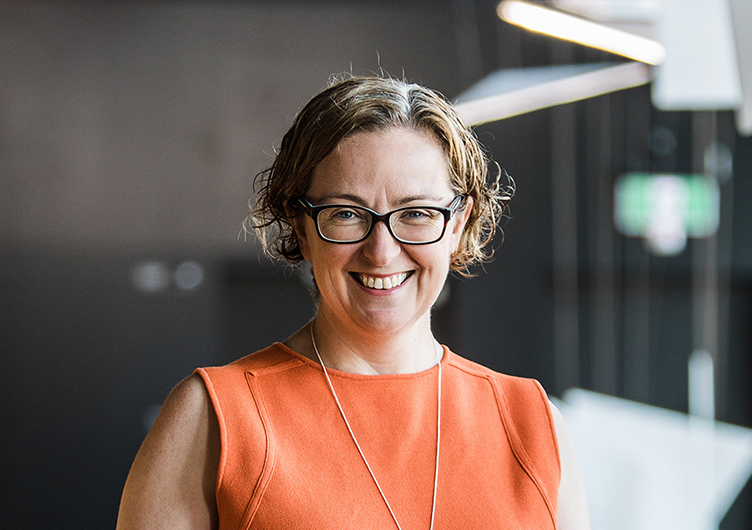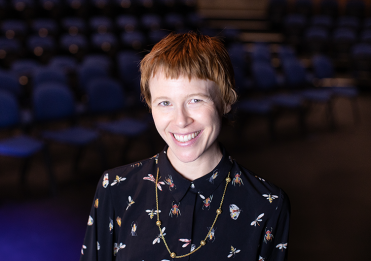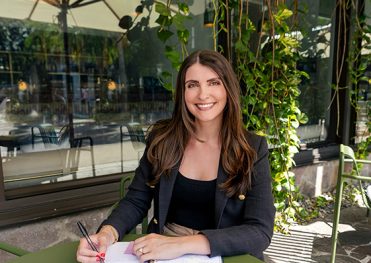As a futurist, Dr Alford explores possible and probable futures to help people anticipate issues and opportunities, and therefore make better decisions in the present. Her interest lies in the intersection of emerging technologies and society, including clean technologies and environmental sustainability, advanced manufacturing and nanotechnologies as well as culture, creativity, health and the arts.
‘I get great satisfaction from seeing patterns emerge and helping people sort and analyse their observations and assumptions. I find joy in the ‘a ha’ moments when something preposterous or hidden suddenly makes sense. Thinking through time can be quite freeing.
‘I hope my work, along with the work of my colleagues, is creating a future that is filled with kindness, where we value equity and opportunity, and build ways of living and working that better meet our ecological boundaries.’
MOD’s current exhibition, SEVEN SIBILINGS OF THE FUTURE—a collaboration with the Heureka Science Centre in Finland—provides many ‘a ha’ moments, encouraging exhibitors to think about what future they want, and how their personal values shape their decisions and affect their community.
The exhibition, which is available online while the museum is temporarily closed, imagines what life could be like in 2050 by asking questions about sustainable transport, food security, genetic modification, space exploration, climate change and telemedicine.
Kristin and her team have also launched LIFE INTERRUPTED, a new online exhibition that explores wellbeing and connectedness in a disrupted world, using digital technologies, artificial intelligence and gaming. These exhibitions also provide a glimpse into the future of the workforce.
‘We expect that there will be new jobs emerging in digital technologies, some of which require programming skills, but many that require a better understanding of how people and technologies can work together more effectively.
‘As well as designing artificial intelligence and robotics we also need people who understand health and safety, regulatory environments, culture and communication. The same is true for the emerging space industry and personalised health. We need people who can action science and technological developments to progress climate change solutions—like engineers, ecologists, agricultural scientists and food producers.’





